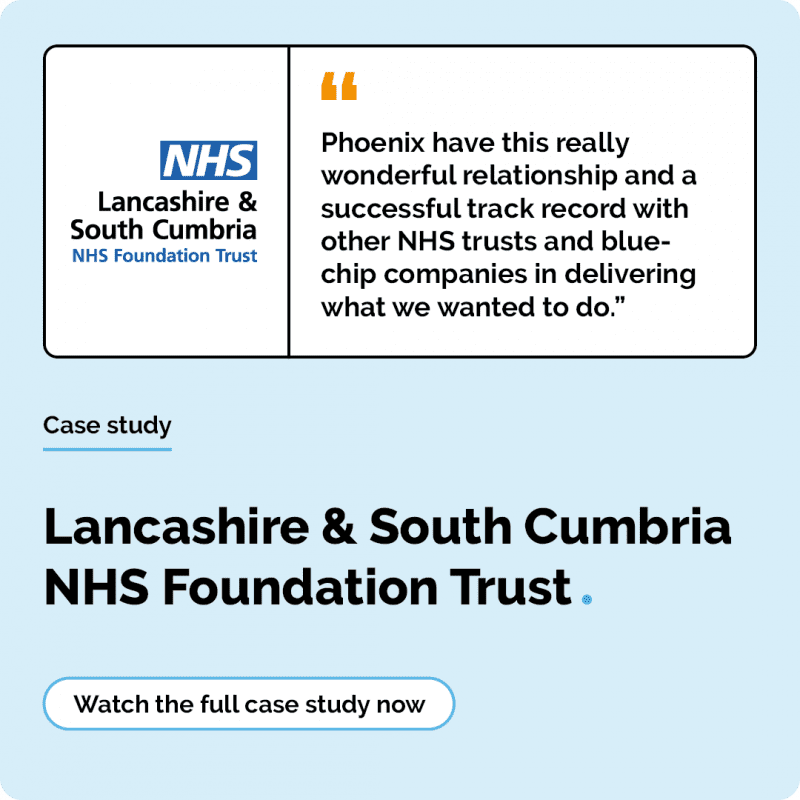According to Hiscox’s Cyber Readiness Report 2024, the healthcare sector remains one of the top three sectors that faced the highest median losses due to cyber attacks in 2023.
Continuity and accessibility are vital to the successful operations and outcomes of healthcare organisations. Alongside the risk of data leaks from a cyber breach, cyber attacks can also take down critical online services used for making appointments, managing prescriptions, and patient information systems.
Healthcare cyber security incidents can disrupt patient care, so investing in the right security infrastructure is a top priority for the NHS and other healthcare organisations.

Our strategic healthcare partners













